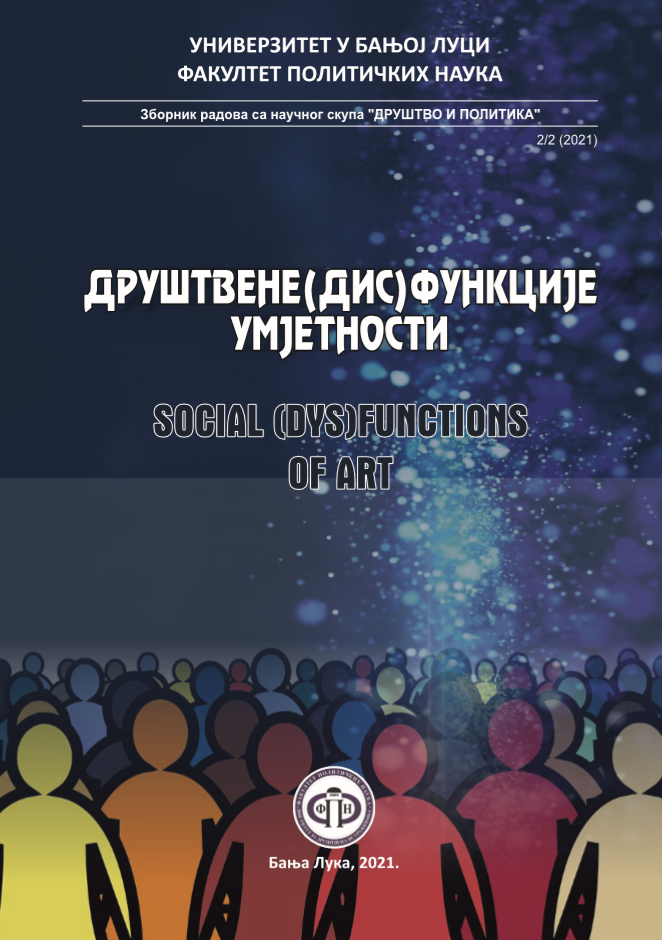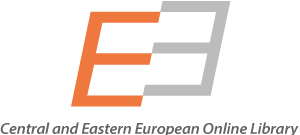MAROKANSKI KORISNICI FEJSBUKA I VIZUELNA RETORIKA POLITIČKE NEGACIJE
DOI:
https://doi.org/10.7251/FPNDP2102069FKljučne reči:
marokanski korisnici Fejsbuka, vizuelni narativi, stripovi, karikature, politička negacija, transgresijaApstrakt
Ovaj rad pokušava razotkriti dijalektiku subverzije koja stoji u osnovi kontrahegemonističke političke svijesti karakteristične za vizuelne narative (a naročito karikatura i makro slike) marokanskih korisnika Fejsbuka o marokanskoj politici. Tvrdi se da te karikature i makro slike konstruišu i artikulišu retorički kontrahegemonistički diskurs političke negacije pri tom generišući ideografe, koji, zauzvrat, pokreću različite antagonizme demontirajući državni diskurs (javni transkript). Analiza pomenutih vizuelnih formi je zasnovana na pretpostavci da pojava onlajn političke kontrahegemonije u osnovi predstavlјa stvarnu promjenu u društvenoj stvarnosti, pri čemu se na nju stalno održavaju snažnije promene u političkom diskursu. U tom smislu, vizuelna retorika političke negacije nudi se kao odgovarajući interpretativni okvir za razumijevanje diskurzivnih i nediskurzivnih strategija kontrahegemonističkih tendencija u pomenutim formama vizuelnih narativa. Autor se služi pomenutom teorijskom koncepcijom jer ona zadržava moć da obuhvati i sintetizuje uvide velikih teoretičara kao što su Mekgi (1980), Laklau i Muf (1985), Skot (1990), i Deluka (1999). Po tom osnovu, za potrebe istraživanja o pomenutim vizuelnim narativima autor će operacionalizovati četiri pojma: infra-politike, artikulacije, antagonizma i ideografa. U tom kontekstu, autor na početku rada daje kratak pregled različitih internetskih praksi koje primjenjuje većina marokanskih korisnika Fejsbuka, a zatim konceptualno locira pomenute vizuelne narative unutar teorija o transgresiji, i, na kraju, opisuje i analizira specifične primjere marokanske kontrahegemonističke političke svesti.
##submission.downloads##
Objavljeno
Broj časopisa
Sekcija
Licenca

Ovaj rad je pod Creative Commons Aуторство-Nekomercijalno-Bez prerade 4.0 Internacionalna licenca.





